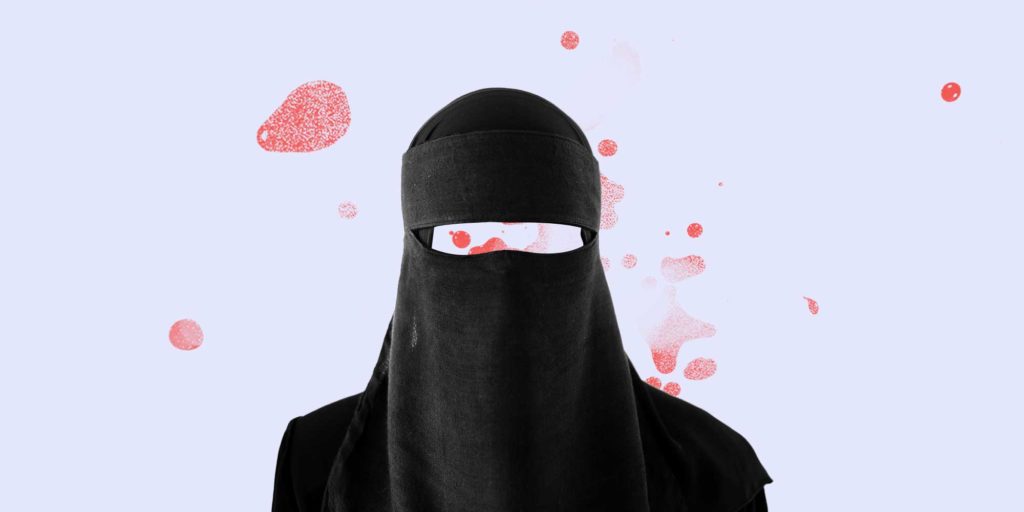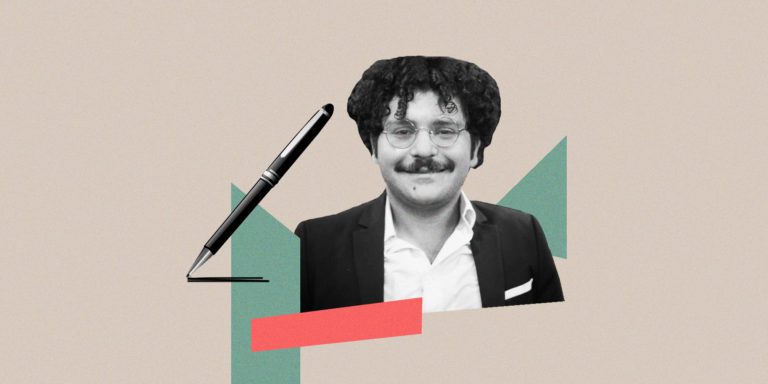Surveillance cameras recently documented the suicide of a young Egyptian woman, who threw herself to the ground in a mall in Cairo’s Nasr City. The video was widely shared on social media. Another young Egyptian was driving her car on Galala Road and decided to end her life in a terrible way, by driving opposite all the cars in the road. This too was filmed and circulated on social media without any restrictions.
It is as if death caused by suicide has been turned into a commodity on the digital market. The masses are always thirsty for something new and “exciting” in the theaters of social media, which, as always, reflect the deep divisions in Egyptian society and expose the fragmentation of the country’s imagined cultural unity.
Under the videos hateful comments appeared such as: “Good we are rid of her,” “On to the next one” and “No one say God have mercy on him.” If anything, they show the prevalent state of ignorance when it comes to suicide, its causes and the ways to best deal with it.
People commenting on social media benefit from the barrier that writing from behind a screen offers. They watch the world from their homes and write whatever they want, without regard for other people’s feelings.
Stigma
In Egypt suicide comes with a heavy stigma. As a result, many families will do anything to deny the death of a loved one was the result of suicide. Some will even try to manipulate the official death reports to include a different cause of death.
The stigma that comes with suicide further feeds the reigning state of ignorance. It is very difficult to establish facts and have access to reliable statistics, which in turn hinders proper research of the phenomenon.
The way most Egyptian media deal with suicide does not differ much from the way most of the population deals with it. It seems both feed on the general (badly informed) opinion of the other.
The media treat suicide as a “normal” event, as a natural phenomenon, which happens all around the world. This based on the argument that Egypt, in terms of suicide rates, does not surpass economically and politically more affluent countries. The number of cases has never increased, it is said, and therefore there is no need to pay extra attention.
The presumed lack of a minimum quota to validate more attention, to raise awareness, combined with the media’s eagerness to polish a good image of state and country, exposes society to a grave danger – a rise in suicide – due to the inability to identify and examine the real causes of the phenomenon and formulate solutions.
The official state discourse does not differ much from the media discourse, as it attempts to cover up the phenomenon, in fact, it is sometimes even cruder and more shocking than what the media produce.
In 2018, the spokesperson of the Cairo Metro, Ahmed Abdel Hadi, said in response to the increasing number of suicides under the wheels of the metro that the company is not responsible. “Suicide accidents under the wheels of the metro cause the Egyptian Company for Metro Management and Operations heavy losses,” and “the company calls upon people to commit suicide away from the trains,” said another company official on the Echo of the Country channel.
Read Also:
WHO
The World Health Organization (WHO) in 2019 issued a report on suicide around the world. It estimated that one suicide takes every forty seconds, equivalent to 800,000 people annually. According to the report, Egypt leads the Arab world in terms of suicide.
“Egypt ranks first in the Arab world is a pack of malicious rumors,” the media center of the Egyptian Council of Ministers responded in a statement. “In terms of suicide rates, Cairo ranks 150th out of 183 countries around the world.”
To come to that conclusion the Council of Ministers relied on the latest statistics issued by the Central Agency for Public Mobilization and Statistics (CAPMAS), which documented only 69 suicide cases in Egypt in 2019.
Media Coverage
Last September, the Supreme Council for Media Regulation issued a new code on how to cover suicides and suicide attempts. It stipulates that media must cover such incidents within a framework that sanctifies life, while suicide should not be viewed as a natural phenomenon.
Expressions of admiration, justification or promotion should be avoided, while great care must be taken when formulating headlines in order to not use provocative language. Rumors too should be avoided.
The media should furthermore include a warning accompanying the broadcast or publication. They should not use it as a way to increase views, interaction or sales. Finally, psychological damage for the families of those who committed suicide or tried to end their lives as a result of media coverage should be avoided at all cost.
This is a positive step in how to deal with suicide as a social phenomenon, although it remains to be seen if the code and its penalties will be implemented in case of violation, certainly concerning the regime’s media professionals who enjoy a greater immunity than others.
But apart from that, the problem is more fundamental. It requires real and serious policy, based on accurate statistics, to deal with a real, pervasive and increasing danger that is threatening all layers of society.
Dungeons and Dragons
Imagine a cell without windows. Imagine you were born there, and never left to know what lies behind its walls. This is what a French friend told me trying to explain the reasons for her suicide attempt at the age of twenty. She was suffering from severe loneliness, as a result of emotional frailty, a broken family and a rupture with her closest friends.
She told me to a world without windows of love, family, friends and society, it would be a much calmer and more harmonious world. She was undoubtedly right in her own reasoning, for no one could restrict the amount of ‘what ifs’ in the world, it would be quieter without dealing with them. However what she’d meant was the exact opposite, for a world without the bonds of love, family and friends is a world of painful solitary confinement, one that would make a person dig out window through the wall with one’s bare hands, and throw oneself out in search of comfort.
The decision to commit suicide, which at first appears to be a purely individual act, is not when we look with Emile Durkheim’s eyes. In his book Suicide, he describes suicide as a “modern phenomenon.”
The French sociologist argues that the general cause of suicide is a social condition. There is a causality that steadily grows between the loosening of the individual’s bonds to life on the one hand and the loosening collective bonds in society as a whole. It is because of the loosening ties that bind society that the individual bond between man and life loosens.
Read Also:








